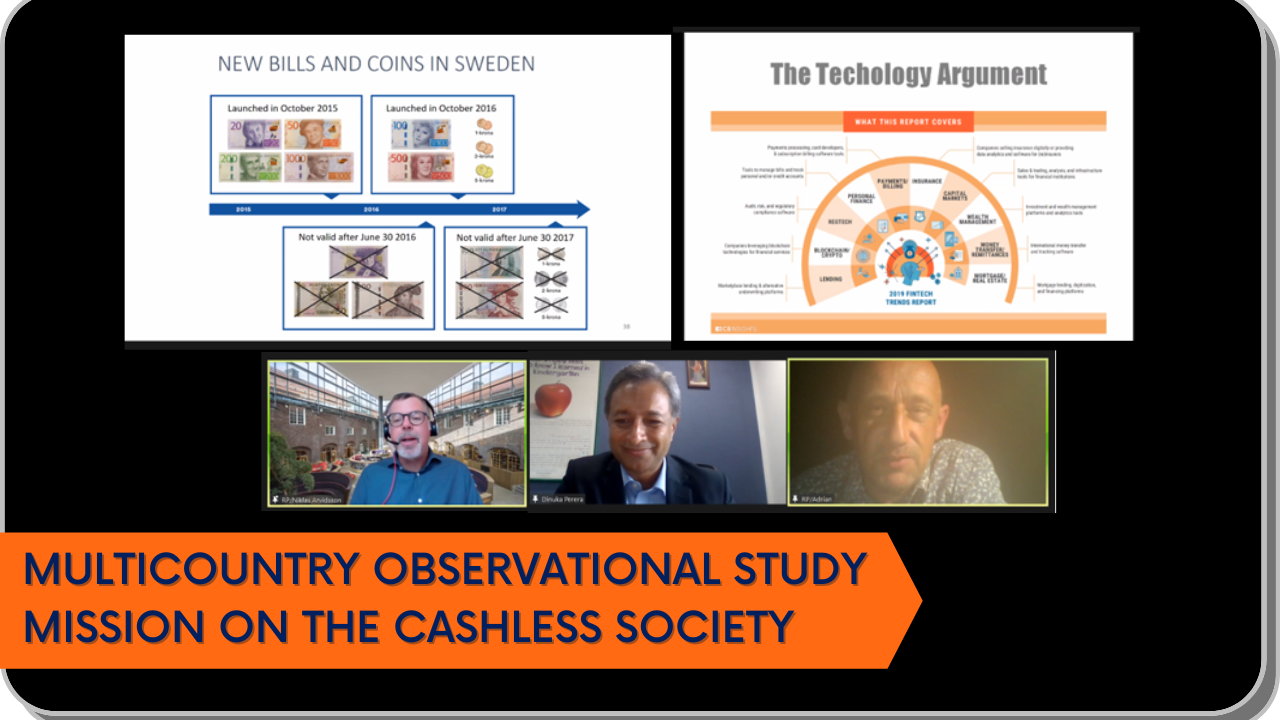
Select Page

The concept of a cashless society, characterized by the absence of physical currency in financial transactions, is gaining traction in the Asia-Pacific region. This shift toward digital transactions offers numerous advantages, including reduced risks and costs, increased transaction speeds, and enhanced efficiency of digital connectivity. However, the move toward a cashless ecosystem also raises concerns, such as user privacy, the potential marginalization of individuals lacking access to digital technology, and the risks of concentrated information control.
In 2018, the APO Sustainable Productivity Summit delved into the adoption of cashless systems in the region, setting the stage for further in-depth exploration. The National Productivity Secretariat (NPS) of Sri Lanka in collaboration with the APO Secretariat organized a multicountry observational study mission (OSM) on The Cashless Society, 12–13 September, to examine the impacts of adoption and identify strategies for its sustainability. Twenty participants from seven APO members attended the online OSM facilitated by three resource persons from Australia, Sri Lanka, and Sweden, who shared insights on cashless applications, supplementary policies, and socioeconomic implications. The sessions enhanced participants’ understanding of a cashless society’s role in digital transformation, underscoring the multifaceted implications for various aspects of socioeconomic development.
The shift toward digitalized transactions and economic activities is vast and complex, requiring multidisciplinary expertise for comprehensive evaluation. The APO plans to help member economies navigate the intricacies of digital transformation by equipping them with the knowledge and tools to develop informed policies and strategies, thereby ensuring successful applications that boost digitalization and productivity.